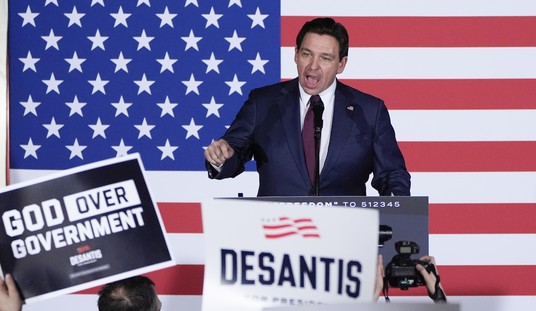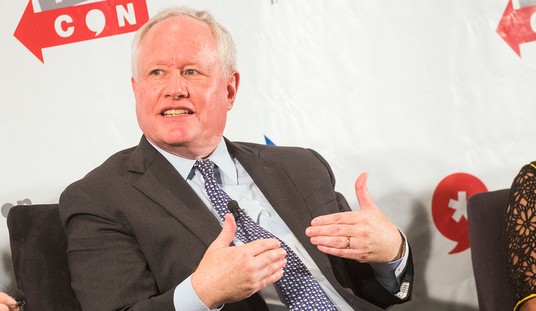When “The Deal” was struck in the House this week there was one element which nearly had some of the congressional Democrats in open revolt. (And may still proved to be a problem in the Senate.) The progressive members wanted to tie an extension of unemployment benefits into the mix. But doing that without being willing to find the money to pay for it was going to prove a deal buster for the GOP, so it didn’t make the final cut. Never one to give up on an idea once he’s gotten his teeth into it, Chris Van Hollen has cooked up a plan.
The Washington Post’s Greg Sargent reports that Rep. Chris Van Hollen (D-Md.) is organizing Democrats to vote against any farm bill that does not also include an extension of emergency unemployment benefits.
Van Hollen, the ranking Democrat on the House Budget Committee and a former chairman of the Democratic Congressional Campaign Committee, is considered an influential member of the caucus.
He says the farm bill, which generally enjoys bipartisan support but is especially important to Republicans representing rural districts, provides Democrats’ next opportunity to force the Republican Party’s hand on unemployment.
In general terms, this is nothing unusual for congressional tactics. Attaching a difficult bill as an amendment to a “must pass” measure like the Farm Bill is a time honored tactic. But there are two problems with this one. First of all, there’s not much of an appetite for yet another compromise running around the Hill at the moment. The Farm Bill already had enough controversy surrounding it with conservatives without trying to tie some bells and whistles to it.
Second, the unemployment extension is already in hot water. It can certainly be passed, as it has in the past, but the Democrats are going to need to come up with a way to pay for it. Or are they? There are apparently some people from the Starboard side of the aisle making the case for an extension, such as the American Enterprise Institute’s Michael Strain. (H/T Outside the Beltway)
In normal times states (typically) offer 26 weeks of unemployment (“UI”) benefits to qualifying workers. During recessions, the federal government has in the past supplemented the offering of the states, providing additional weeks of UI benefits to workers who are unemployed for longer than 26 weeks. This is a reasonable and prudent measure – if 26 weeks is deemed long enough for a worker to find a job in normal economic conditions, then it’s not long enough during a recession, when jobs are much harder to come by. This is doubly true for a downturn as serious as the Great Recession. When the labor market is in better shape, of course, the emergency federal extensions are allowed to expire.
As you can see from the figure below, in the two recessions prior to the Great Recession emergency federal UI expired when the long-term unemployment rate — the share of workers who have been unemployed for 27 weeks or longer — was 1.3 percent. The long-term unemployment rate is currently at twice that level.
This is a rather different approach than the one Rand Paul took recently, but it makes one thing clear. It’s the season of surprises in Washington, and we’re probably going to see a number of battles between the parties turning out in strange and unfamiliar ways as we move into the mid-term election season.








Join the conversation as a VIP Member